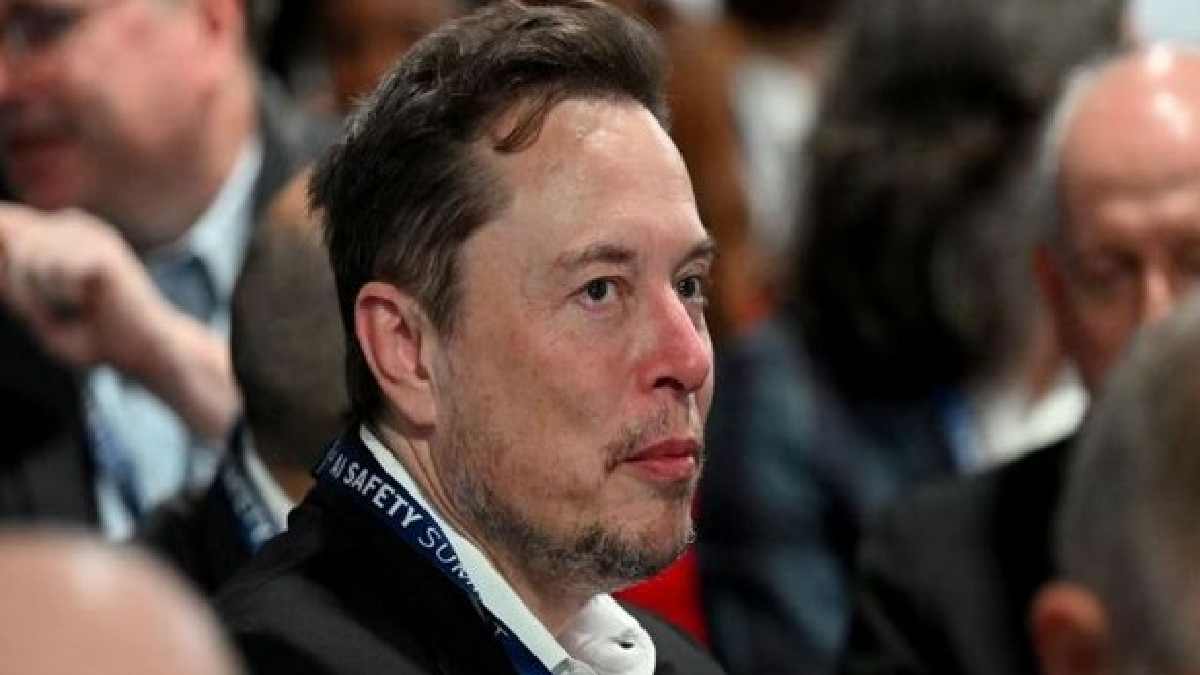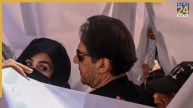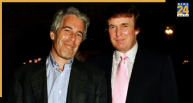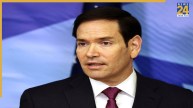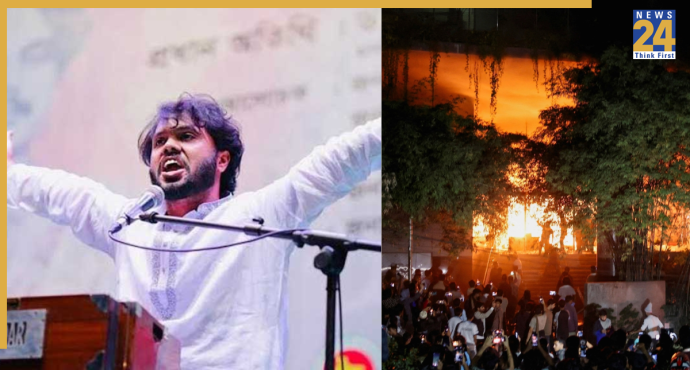A Delaware judge ruled on Tuesday (local time) that Elon Musk’s lucrative 2018 compensation package, instrumental in elevating him to the title of the world’s richest person, was unfair and should be reversed, The Washington Post reported.
The USD 56 billion package, approved by shareholders and Tesla’s board, granted Musk stock options based on the company meeting specific performance targets.
Shareholders had filed a lawsuit against Musk, alleging improprieties in the process leading to the approval of the compensation package. The decision, first reported by Chancery Daily, has raised significant discussions in Delaware Chancery Court, according to The Washington Post.
Never incorporate your company in the state of Delaware
---Advertisement---— Elon Musk (@elonmusk) January 30, 2024
Musk, who acquired the social media site X for USD 44 billion (formerly known as Twitter), responded strongly to the ruling. On X, he said, “Never incorporate your company in the state of Delaware.”
Chancellor Kathaleen McCormick, in her opinion, declared judgement in favour of the plaintiff, Richard Tornetta, stating that he was entitled to “recission,” indicating the package should be undone.
The judge criticised the flawed approval process, highlighting Musk’s close association with those representing the company. McCormick pointed out ties between Musk and key figures involved in the compensation committee, including the chair and another member with longstanding working relationships, as reported by The Washington Post.
“The parties are to confer on a form of final order implementing this decision and submit a joint letter identifying all issues, including fees, that need to be addressed to bring this matter to a conclusion,” McCormick wrote.
McCormick found the approval process deeply flawed, citing Musk’s ties to committee members and the inclusion of the company’s general counsel, who had a history of personal connections with Musk. She noted that the general counsel’s admiration for Musk was evident during his deposition.
During the trial in November 2022, Musk presented Tesla as being in crisis when the pay package took effect in 2017, emphasising the challenges with Model 3 production delays. Musk argued that the benchmarks in the compensation plan seemed unlikely at the time.
Former Tesla board member Antonio Gracias testified that the board viewed the generous performance bonuses as a means to keep Musk focused on his work at Tesla.
While acknowledging Musk’s unique motivation and Tesla’s need for his success, McCormick concluded that these factors did not justify the historical compensation plan in public markets.
“The defendants proved that Musk was uniquely motivated by ambitious goals and that Tesla desperately needed Musk to succeed in its next stage of development, but these facts do not justify the largest compensation plan in the history of public markets,” McCormick wrote, The Washington Post reported.
Source: (ANI)

